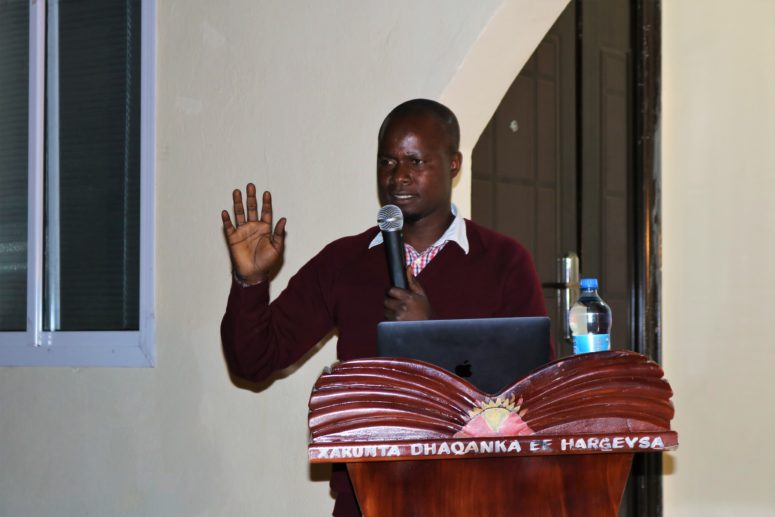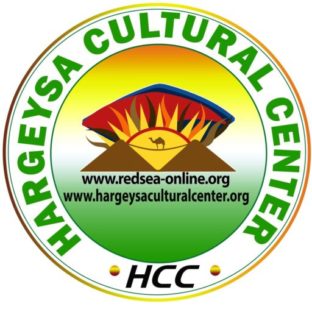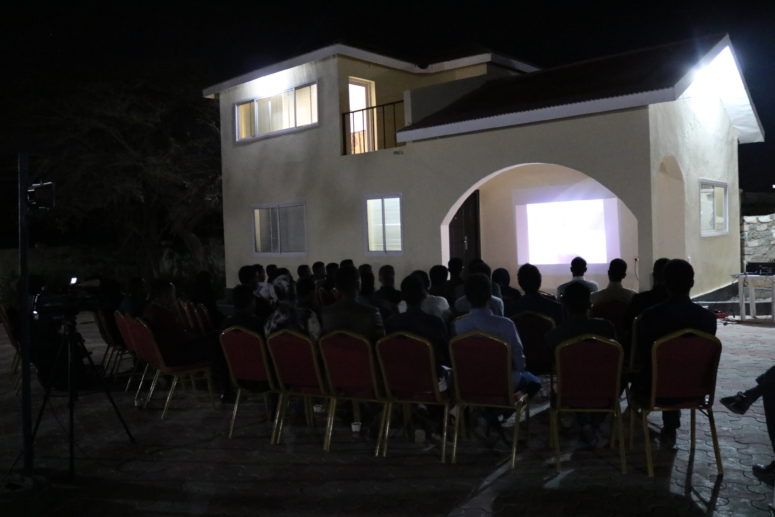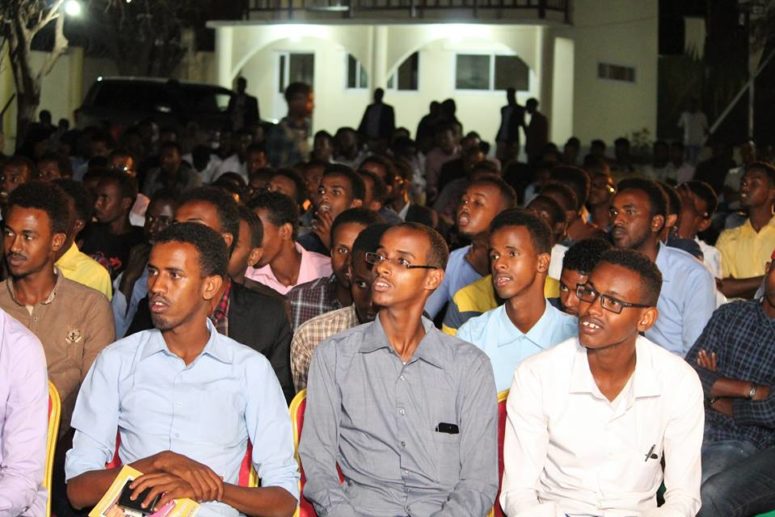With the well ignited appetite by Dr. Pegg’s presentation, we had our following Wednesday dialog with the young scholar Mr.Yusuf Serunkuma who is a PhD student at Makerere University Institute of Social Research (MISR), Makerere University in Kampala. His work focuses on exploiting the craft and aesthetics of popular culture (poetry, nationalist music, monuments, popular narratives and practices, national celebrations, fliers and symbols of statehood such as the national flag, and recent ethnography, 2015) mostly through ethnography, discourse and literary analysis, Yusuf’s work examines the ways in which Somaliland political identity and national consciousness is mobilized as an independent nation state seceding from Somalia. Using the case study of Somaliland, as a form of de-imagined nationalism, Yusuf then attempts to theorize secessionist nationalism (Eritrea, South Sudan, Pakistan, Biafra, Catalonia, Scotland etc.) as it is distinctly different from other forms of nationalism especially anticolonial nationalism. Participants were impressed with the diverging perspective he was trying to illustrate how identity depiction matters by negating the traditional ‘I am this because I am not that’ which he said unless aspiring nations start centering their self-determination in a way that starts and ends in what they are, he said will still be in a continuous challenge of waiting. In his explanation he stated that in Somaliland’s nationalist project he has two arguments: Firstly, he presents that through its “officially sponsored” popular cultural items (such as the symbols of statehood, monuments, nationalist music and poetry, select events such as the arrest of the Horn Stars returning from Mogadishu in 2015 etc.), Somaliland has constructed a public identity that thrives on an intimate juxtaposition/foil with Somalia. He argues that is perilous as there is potential for nationalist amnesia/violence once the foil disappears. Secondly, that although most of scholarship rightly celebrates the peace and stability in the country of the last 26 years, sustaining the images and histories of violence in its public identity and institutional symbolisms suggests it has remained a country at war. He asserted that Somaliland ought to build a national consciousness without Somalia as its referent. “my suggestions include monumentalizing cultural and SNM heroes, first presidents, significant historical figures etc.” Secondly, by defining itself in essentially internationalist terms (democrats, anti-terrorism, victims of a genocide), Somaliland surrenders both the power to define itself in its own terms (say, cultural-traditional) to the international regime of power, which defines those terms. As well, this has potential to plunge the country into cultural/nationalist amnesia once the terms of the debate shift. On the bases of this presentation participants provided pro and critics by giving example of struggle all over the world which lighted up the discussion. Among the core comments were the international principle of state recognition being binding to have a referent state be it as a mother state or patron which are central in the self-determination process. well his argument popular culture shall be used to identify what Somaliland is as it stands on its own description was concluded with a performance by HCC Cultural Dance team that played ‘Hobbay’.



